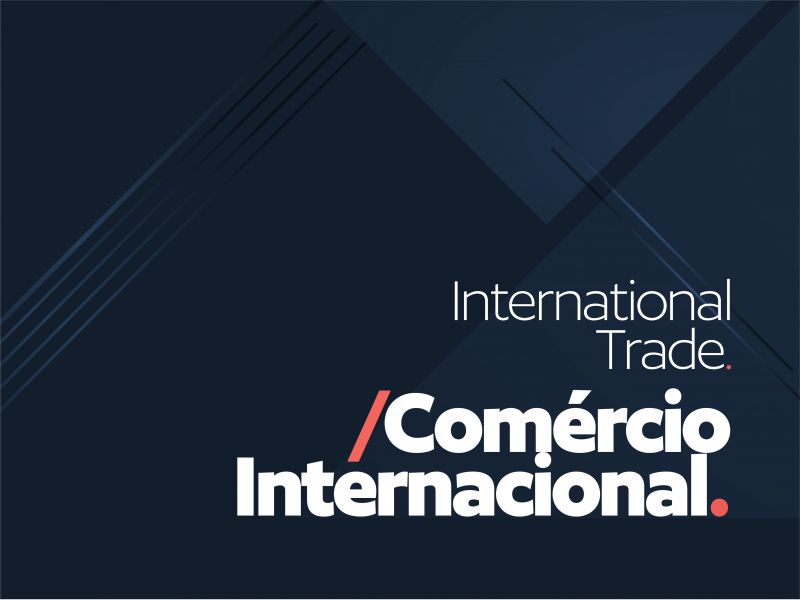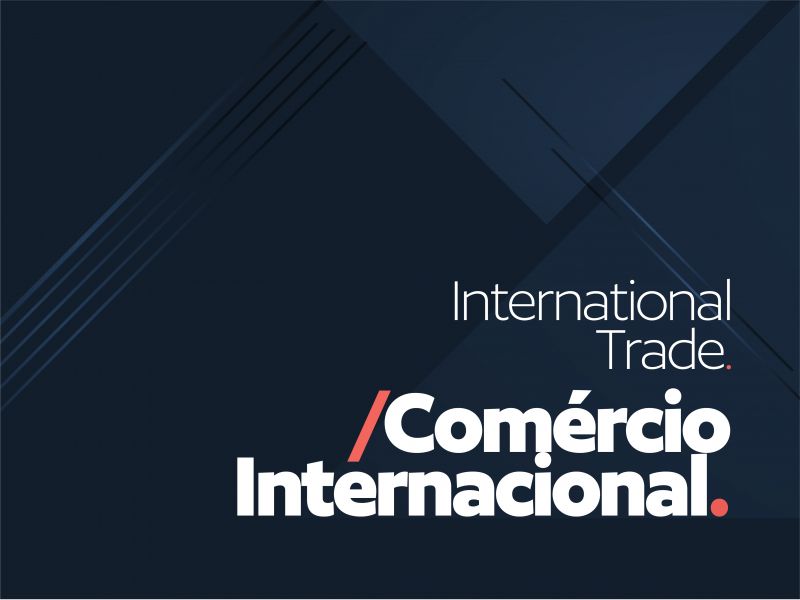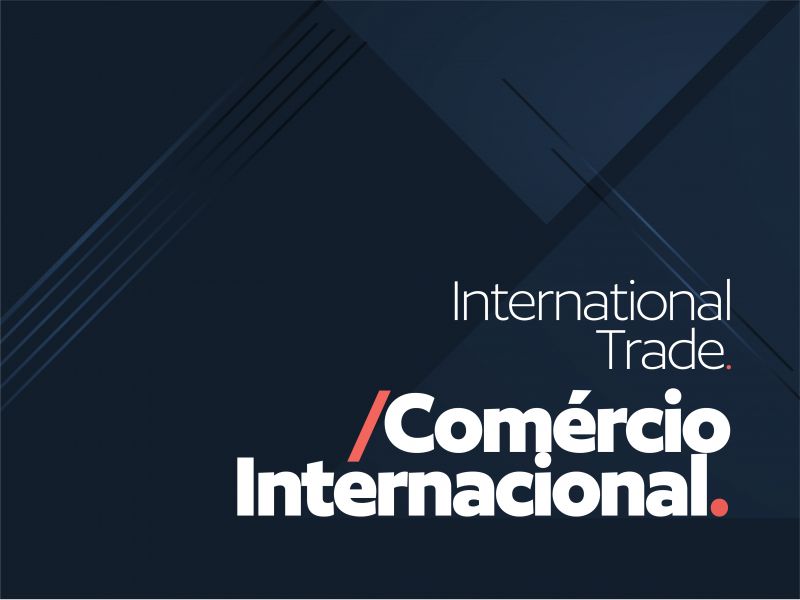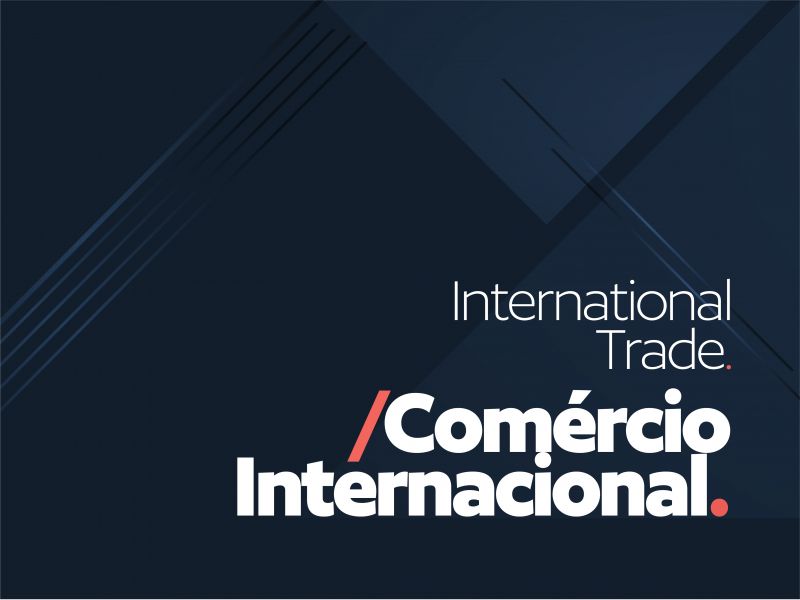On June 14, Circular SECEX No. 22/2023 was published, initiating the review of the anti-dumping duty imposed by CAMEX Resolution No. 39/2018, applied to the Brazilian imports of welded tubes and pipes of austenitic stainless steel, grades 304 and 316, of circular section, with an external diameter equal to or greater than 6 mm and not exceeding 2,032 mm, with the thickness equal to or greater than 0,40 mm and equal to or less than 12,70 mm, commonly classified in items 7306.40.00 and 7306.90.20 of the Mercosur Common Nomenclature (NCM), originating in Malaysia, Thailand, and Vietnam.
Austenitic steels are commonly used in the food industry, cryogenic applications, ornamental, high-temperature applications, nautical components, civil construction, equipment for the chemical, petrochemical, sugar and alcohol, food, pharmaceutical, pulp and paper industries, tableware and household utensils.
The petition was filed by the company Aperam Inox Tubos Brasil Ltda.
The analysis of the likelihood of continuation or resumption of dumping considered the period from October 2021 to September 2022. The analysis of the likelihood of continuation or resumption of injury considered the period from October 2017 to September 2022.
The assessment of public interest will be optional, upon request submitted based on a duly filled out Public Interest Questionnaire or ex officio at the Brazilian Department of Trade Remedies (DECOM) discretion. The public interest will exist when the impact of the imposition of the anti-dumping measure on economic agents as a whole proves to be potentially more harmful, if compared to the positive effects of the application of DECOM’s measure.
Interested parties may cooperate with the investigation by providing data for the filling of the Exporter, Importer, or other National Producer Questionnaires to defend their interests, and to benefit from any individual anti-dumping margin, which is generally lower than the margin calculated based on the information available.






